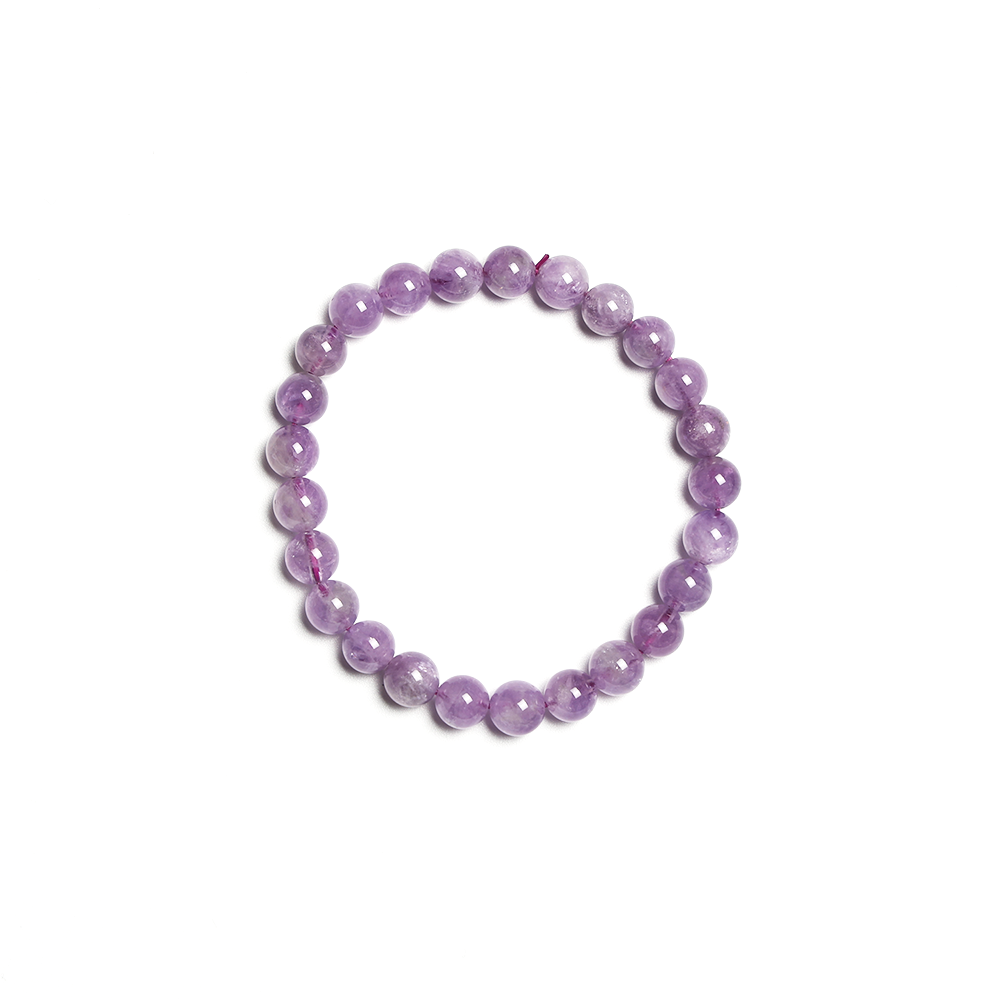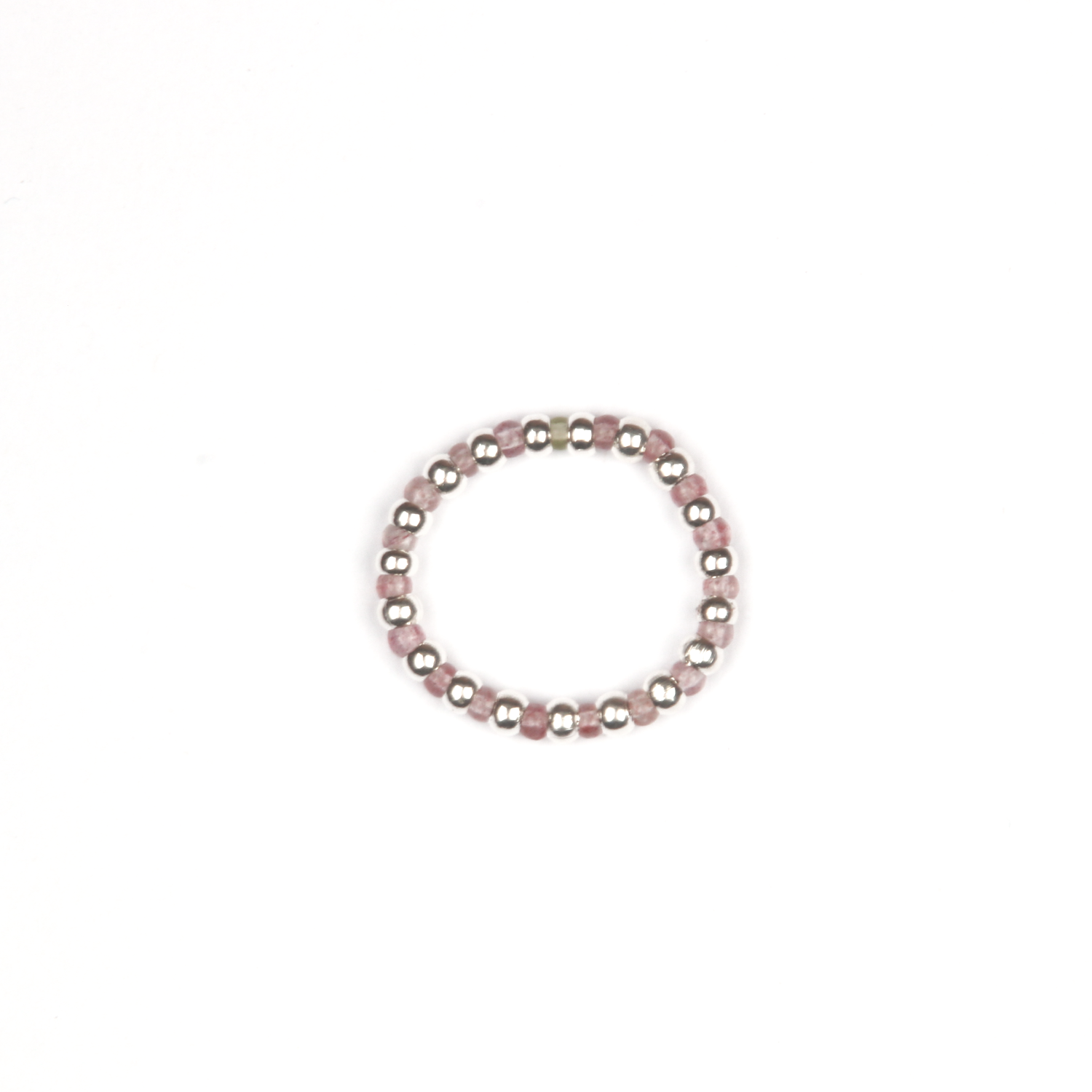Selenite
The Gemstone of Clarity, Purity, and Energy Cleansing
Selenite, a luminous and ethereal variety of gypsum, is known for its translucent, milky-white glow and powerful energy-clearing properties. Revered for centuries, this crystal is associated with spiritual enlightenment, mental clarity, and cleansing negative energy.
From ancient civilizations to modern metaphysical practices, Selenite has remained one of the most sought-after crystals. This guide explores its origin, formation, cultural significance, market value, jewelry applications, pairing recommendations, and artistic inspirations.
Origin of Selenite
Selenite is a hydrated calcium sulfate mineral (CaSO₄·2H₂O), forming in evaporative environments such as deserts, salt flats, and caves. The largest and most notable deposits come from:
Major Selenite Sources:
-
Mexico – Home to the Naica Crystal Cave, featuring some of the world’s largest Selenite crystals (up to 39 feet long).
-
Morocco – Produces high-quality satin spar Selenite, used for crystal wands and carvings.
-
United States (Utah & Oklahoma) – Oklahoma’s Great Salt Plains is one of the few places in the world where hourglass-shaped Selenite forms naturally.
-
Greece & Italy – Ancient sites where Selenite was historically used in windows and sculptures.
-
Australia & Brazil – Mined for both industrial and metaphysical uses.
Despite its widespread availability, highly transparent, unblemished specimens are rarer and more valuable.
Formation Process of Selenite
Selenite forms in sedimentary environments where evaporating water leaves behind concentrated minerals, particularly in arid regions.
Formation Process:
-
Evaporation of Mineral-Rich Water – Occurs in shallow seas, lakes, or caves.
-
Calcium and Sulfate Ions Bond – Gypsum (Selenite’s mineral form) crystallizes as water dissipates.
-
Crystal Growth Over Thousands of Years – Under specific conditions, long, fibrous or transparent blade-like structures form.
The largest Selenite formations are found in cave systems, such as Mexico’s Naica Mine, where heat and humidity create gigantic, sword-like Selenite crystals.
Cultural Significance and Meaning of Selenite
Selenite derives its name from Selene, the Greek moon goddess, emphasizing its soft glow and spiritual purity.
Historical & Cultural Uses:
-
Ancient Greece & Rome – Used in window panels and decorative objects due to its translucency.
-
Middle Ages (Europe) – Believed to purify spaces and drive away evil spirits.
-
Native American Traditions – Used in rituals for energy cleansing.
-
Modern Metaphysical Practices – Known as the ultimate cleansing crystal, used to clear negative energy and recharge other crystals.
Metaphysical & Healing Properties:
-
Energy Cleansing – Clears stagnant energy from spaces and objects.
-
Spiritual Connection – Enhances intuition and meditation.
-
Mental Clarity & Focus – Aids decision-making and insight.
-
Aura & Chakra Balancing – Often associated with the crown chakra for higher consciousness.
Selenite’s self-cleansing nature makes it one of the few crystals that never need cleansing themselves.
Market Value and Rarity
Selenite is relatively abundant, making it an affordable yet highly valued crystal.
Selenite Price Ranges (2024 Data):
-
Tumbled Stones & Palm Stones – $5 – $20 per piece.
-
Crystal Wands & Towers – $15 – $80, depending on size and clarity.
-
Selenite Lamps & Carvings – $50 – $300+, with larger or custom pieces being more expensive.
-
Rare Optical (Transparent) Selenite – $100 – $500 per collector’s specimen.
Despite its affordability, fragile and well-formed pieces are harder to find, increasing their collectible value.
Selenite Properties
External
Career & Success
Career Success
Relationships & Communication
Communication Skills
Inner
Resolution
Composure
Calmness
Harmony
Excellence
Zodiac



Element

Chakras


Planet

Mohs Hardness
2
Click to copy the Selenite properties
Jewelry Uses and Fashion Tips
Selenite’s soft, ethereal glow makes it a unique yet delicate jewelry stone.
Best Jewelry Styles:
-
Pendants & Amulets – Keeps Selenite’s cleansing energy close to the heart.
-
Bracelets & Beaded Jewelry – Worn for spiritual clarity.
-
Statement Rings – Highlights Selenite’s moon-like translucency.
Fashion Styling Tips:
-
Minimalist & Boho Styles – Pair with natural fabrics like linen and silk.
-
Elegant & Mystical Looks – Wear with silver or platinum settings.
-
Casual & Everyday Fashion – Stack with moonstone or pearl jewelry.
Selenite is fragile (Mohs hardness: 2), so avoid water exposure and rough handling.
Pairing Selenite with Other Gemstones or Materials
Complementary Gemstones:
| Gemstone | Why It Pairs Well with Selenite |
|---|---|
| Moonstone | Enhances Selenite’s lunar, mystical energy. |
| Amethyst | Boosts spiritual awareness and intuition. |
| Clear Quartz | Amplifies Selenite’s energy-clearing abilities. |
| Labradorite | Adds a grounding, protective balance to ethereal Selenite. |
| Pearl | Complements Selenite’s soft, luminous glow in jewelry. |





Best Metal & Material Pairings:
-
Sterling Silver & White Gold – Enhances Selenite’s moonlight-like shimmer.
-
Raw Textures (Wood, Leather, Linen) – Creates a natural, earthy aesthetic.



These pairings create harmonious energy blends while also complementing fashion aesthetics.
Crystal Color Palettes for Artistic and Fashion Inspiration
Selenite’s soft whites and icy tones inspire soothing, celestial color palettes. Here are five colors that complement it:

- #F5F5F5 Lunar White – Reflects Selenite’s pure, moon-like glow.
- #C0C0C0 Soft Silver – Enhances its mystical, ethereal aesthetic.
- #ADD8E6 Icy Blue – A cool, calming contrast to Selenite’s warm glow.
- #B39EB5 Muted Lavender – Evokes spiritual tranquility.
- #F7E7CE Champagne Beige – Adds an elegant, neutral balance.
These colors work beautifully in interior design, fashion, and jewelry compositions.
Selenite is known as the ultimate cleansing stone, often used to clear energy blockages and recharge other crystals. If you could use Selenite to cleanse and refresh one aspect of your life, what would it be? Your mind, emotions, home, or creative energy?
Share your thoughts in the comments!








Share:
Opal Gemstone Guide: Properties, Rarity, Pricing, Jewelry Uses & Stylish Tips
Serpentine Gemstone Guide: Properties, Rarity, Pricing, Jewelry Uses & Stylish Tips